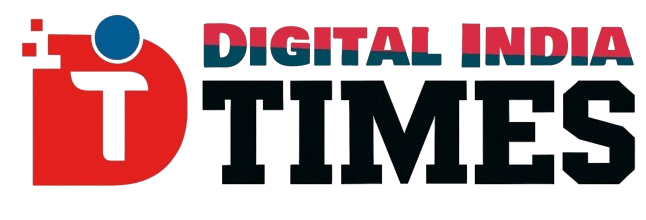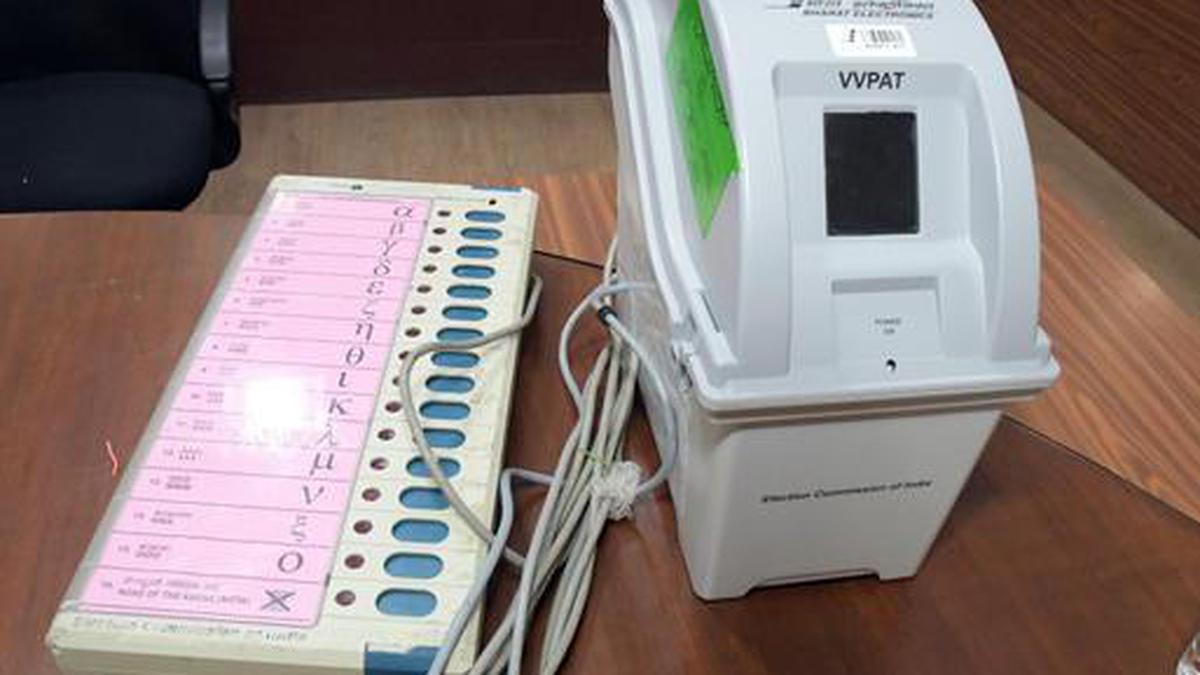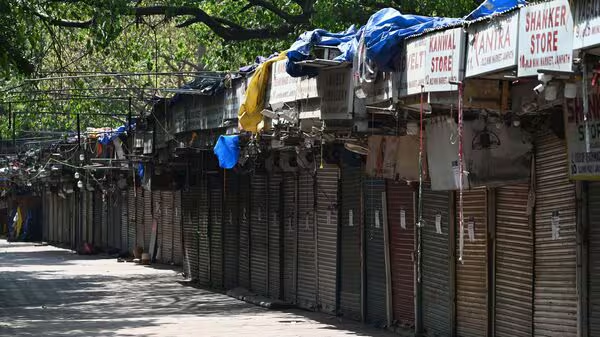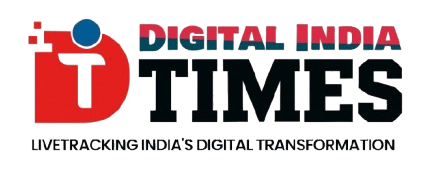South & Southeast Asian Nations Forge Health Research Alliance in New Delhi
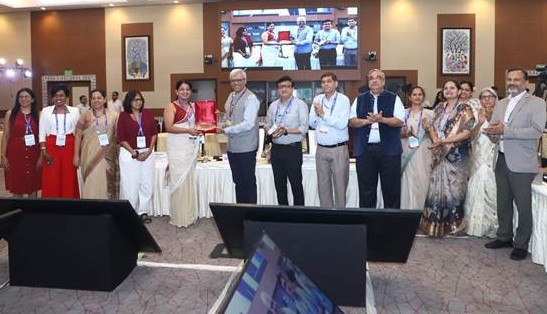
Representatives from Bhutan, Nepal, Sri Lanka, Timor-Leste, and India convened in New Delhi on Friday for a high-level dialogue to strengthen health research systems.
New Delhi, August 23: In a significant step toward regional cooperation in healthcare, representatives from Bhutan, Nepal, Sri Lanka, Timor-Leste, and India convened in New Delhi on Friday for a high-level dialogue to strengthen health research systems. The meeting, hosted by the Indian Council of Medical Research (ICMR) and the Department of Health Research (DHR), focused on aligning health research with policy, building sustainable systems, and tackling common regional challenges.
Chaired by leading policymakers, scientists, and public health experts, the deliberations underscored the urgency of regional collaboration on pandemic preparedness, antimicrobial resistance, non-communicable diseases, maternal health, and One Health initiatives.
“India today stands at the forefront of scientific research and innovation for health,” said Amit Agrawal, Secretary, Department of Pharmaceuticals, urging regional partners to leverage India’s open innovation platforms to accelerate med-tech breakthroughs.
Dr. Rajiv Bahl, Secretary, DHR & DG, ICMR, emphasized the role of science diplomacy in shaping India’s strategy: “South–South collaboration remains a priority through joint projects and capacity building to ensure that the region benefits from each other’s expertise. Above all, science and research must serve people directly.”
The countries reached consensus on several priorities:
- Joint action on health threats – from infectious diseases to NCDs and AMR.
- Pooling resources – in med-tech innovation, field epidemiology, ethics, and quality assurance.
- Bridging research and policy – with formal mechanisms to ensure evidence informs programmes.
- Capacity building – through training in research methods, ethics, grant writing, and science communication.
ICMR committed to sharing common tools such as ethics review forms and free online training courses, offering support to nations still developing their research systems.
Looking ahead, the nations agreed to hold regular meetings, exchange visits, and joint programmes, with each country taking leadership on specific thematic areas.
The gathering brought together senior figures including Dr VK Paul (NITI Aayog), Dr Shamika Ravi (EAC-PM), Dr Rajeev Singh Raghuvanshi (DCGI), Dr K. Srinath Reddy (PHFI), and Dr Shivkumar Kalyanaraman (ANRF), highlighting the weight of political and scientific will behind the initiative.
The dialogue concluded with a pledge to move from knowledge-sharing to coordinated regional action, aimed at building future-ready, people-centered health research systems.
